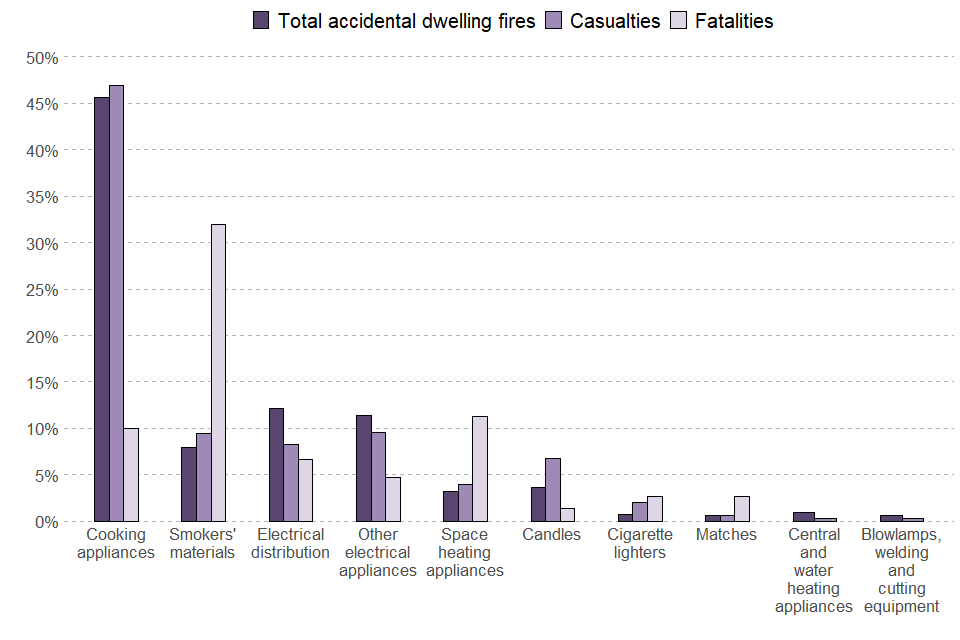
Over 130 e-bike and e-scooter battery fires in just over a year
Firefighters have been called to more than 130 fires involving the type of batteries used in e-bikes and e-scooters in London in little over a year, it can be revealed.

Worrying.
Over 130 e-bike and e-scooter battery fires in just over a year
Firefighters have been called to more than 130 fires involving the type of batteries used in e-bikes and e-scooters in London in little over a year, it can be revealed.www.standard.co.uk

Not really. Cookers are far more dangerous:Worrying.

Why do you need an explanation?Why?
if i cant find a way to recell my bosch 400w batt then i will set it on fire and put it on youtubeWhy do you need an explanation?
This number is just the "top of the pile", there were probaby 5 times more incidents, all simply not reported.
Either some batteries are being made wrongly, or of poor qualty cells, or the owners are being stupid in some manner......I cannot say without a great deal more detail, which will never be forthcoming....
Andy
Think you've answered your own question.Why do you need an explanation?
This number is just the "top of the pile", there were probaby 5 times more incidents, all simply not reported.
Either some batteries are being made wrongly, or of poor qualty cells, or the owners are being stupid in some manner......I cannot say without a great deal more detail, which will never be forthcoming....
Andy
It seems likely that other types of fires would not be reported either, so adding a random multipier of 5 isn't logical.Why do you need an explanation?
...there were probaby 5 times more incidents, all simply not reported.





